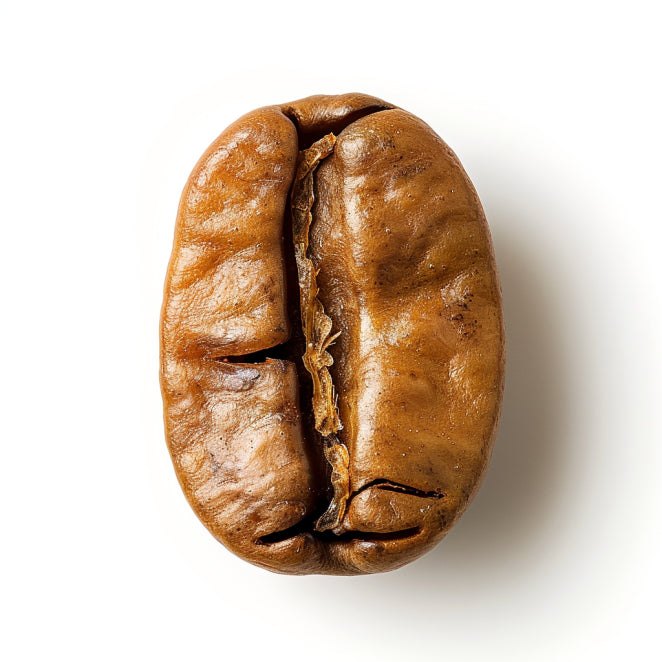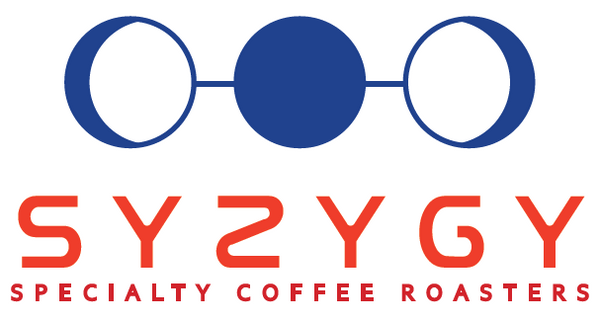
What Makes Coffee "Specialty Coffee", Anyways? | Syzygy Coffee
Share
What is Specialty Coffee?
Specialty coffee stands as a testament to quality, nurtured through the dedication and collaboration of numerous professionals across the coffee industry. This elaborate ecosystem spans from the agricultural fields where coffee is grown to the cafes and homes where it is ultimately enjoyed. This concerted commitment to excellence ensures a wide variety of high-quality specialty coffees are available worldwide, with some likely being just a short distance from your local neighborhood.
The 5 Steps of Specialty Coffee
1. The Coffee Farmer
The journey of specialty coffee begins at the farm. Here, coffee farmers, often with generations of experience, cultivate coffee in optimal conditions. These farmers focus intensively on producing the highest quality beans, favoring meticulous cultivation practices over mass production. The outcome is a product free of defects and full of potential, ready to be passed along to other skilled hands in the coffee value chain. The dedication of these farmers not only elevates the quality of the coffee but also supports sustainable agricultural practices that benefit entire communities.
2. The Green Coffee Buyer
After the coffee is harvested, it moves to the green coffee buyer, who plays a pivotal role similar to that of a wine sommelier. These buyers are typically certified experts who assess coffee quality through rigorous cupping sessions—a structured tasting of brewed coffees. They evaluate each batch's flavor profile, aroma, and body to ensure only specialty-grade beans make it through. Their expertise allows them to select, describe, and ultimately influence the final product that reaches consumers, ensuring a consistent and high-quality experience.
3. The Roaster
Coffee roasting is where science meets art. Roasters, often certified by coffee associations, use their deep understanding of thermodynamics and chemistry to transform green coffee beans into aromatic, flavorful roasted coffees. This step is critical as the roasting process must be carefully managed to highlight the unique characteristics of each bean, tailored to specific flavor profiles that define specialty coffee.
4. The Barista
Once the coffee reaches a cafe or retail setting, the barista becomes the key custodian of its quality. Certified and trained baristas are adept at using various brewing methods to best express the unique flavors of the coffee. Their role is crucial in ensuring that the coffee's journey from bean to cup honors the hard work of everyone involved in its production. A skilled barista not only brews coffee but also educates consumers about the origins and unique aspects of the coffee they enjoy.
5. The Consumer
Finally, the consumer plays an unexpected yet essential role in the specialty coffee lifecycle. By actively choosing specialty coffees, engaging with baristas, and valuing the quality and origin of the coffee they drink, consumers drive demand for high-quality products. This demand supports ethical sourcing, sustainable practices, and fair compensation throughout the coffee value chain.
